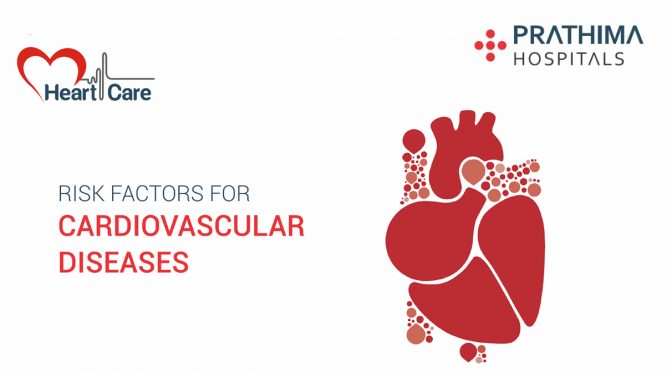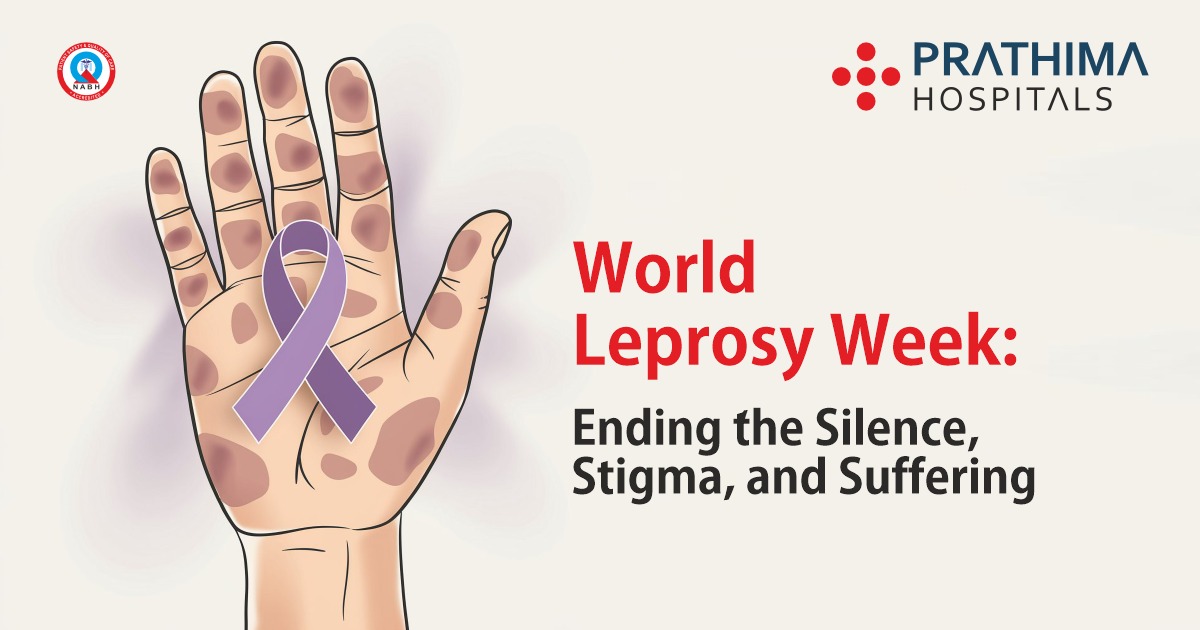Cardiovascular Diseases: Know the Risk Factors

RISK FACTORS FOR CARDIOVASCULAR DISEASES
Cardiovascular system diseases are one of the most common causes of death in India.
NON-MODIFIABLE RISK FACTORS:
- Age – RISK increases as age of the individual increases
- Gender – Before age of 60 the men are at greater risk
- Family History – there is a chance of increased risk if a close blood relative has a history of early heart disease.
MODIFIABLE RISK FACTORS
- Raised or altered levels of Blood Cholesterol in the circulatory blood system can deposit on arterial walls and narrow them producing less blood supply to heart muscles, weakening the system in turn which may lead to the heart Cholesterol lowering diet and medications are required in such a situation to lower the risk
- Raised Triglycerides and Low HDL Cholesterol These can cause premature heart disease in a person. Weight reducing activity like regular exercise will help to avoid the risk
- High Blood Pressure Maintaining a healthy body weight, keeping the alcohol intake in moderate propositions, reducing salt intake in the diet, reduce stress and be physically active. If these are failed, take regular medications under doctor’s guidance
- Diabetes these patients have low HDL and high LDL/VLDL which is highly atherogenic thus increasing the risk of heart disease in them.
- Obesity Increases Blood Pressure, diabetes, and Cholesterol which contribute to the heart disease. Reduce saturated fats, sugars, alcohol and increase physical activity to reduce weight to lower the risk.
- Physical Inactivity At least 150 minutes of moderate or 75 minutes of vigorous activity per week is recommended. This reduces weight, BP and Waist Circumference.
- Smoking Even few cigarettes a day increases the risk of Heart disease. Stopping it reduces the risk of heart attack by 50% in five years.
- Stress Can exacerbate symptoms of preexisting heart disease and increase B.P. Simple breathing exercises, sports, reading, meditation, hobbies etc., may reduce the stress.
- Alcohol Heavy consumption can increase BP, damaged the heart muscle, by increasing weight and triglycerides.
Recommended safe levels
1. Men -3-4 units per day
2. Women 2-3 units per day
3. Avoid binge drinking and have few alcohols free days every week.






Warning: Undefined variable $req in /home/u885608126/domains/prathimahospitals.com/public_html/wp-content/themes/prathimahospitals/functions.php on line 294
Warning: Undefined variable $commenter in /home/u885608126/domains/prathimahospitals.com/public_html/wp-content/themes/prathimahospitals/functions.php on line 295
Warning: Trying to access array offset on value of type null in /home/u885608126/domains/prathimahospitals.com/public_html/wp-content/themes/prathimahospitals/functions.php on line 295
Warning: Undefined variable $aria_req in /home/u885608126/domains/prathimahospitals.com/public_html/wp-content/themes/prathimahospitals/functions.php on line 295
Warning: Undefined variable $req in /home/u885608126/domains/prathimahospitals.com/public_html/wp-content/themes/prathimahospitals/functions.php on line 298
Warning: Undefined variable $commenter in /home/u885608126/domains/prathimahospitals.com/public_html/wp-content/themes/prathimahospitals/functions.php on line 299
Warning: Trying to access array offset on value of type null in /home/u885608126/domains/prathimahospitals.com/public_html/wp-content/themes/prathimahospitals/functions.php on line 299
Warning: Undefined variable $aria_req in /home/u885608126/domains/prathimahospitals.com/public_html/wp-content/themes/prathimahospitals/functions.php on line 300
Warning: Undefined variable $commenter in /home/u885608126/domains/prathimahospitals.com/public_html/wp-content/themes/prathimahospitals/functions.php on line 303
Warning: Trying to access array offset on value of type null in /home/u885608126/domains/prathimahospitals.com/public_html/wp-content/themes/prathimahospitals/functions.php on line 303